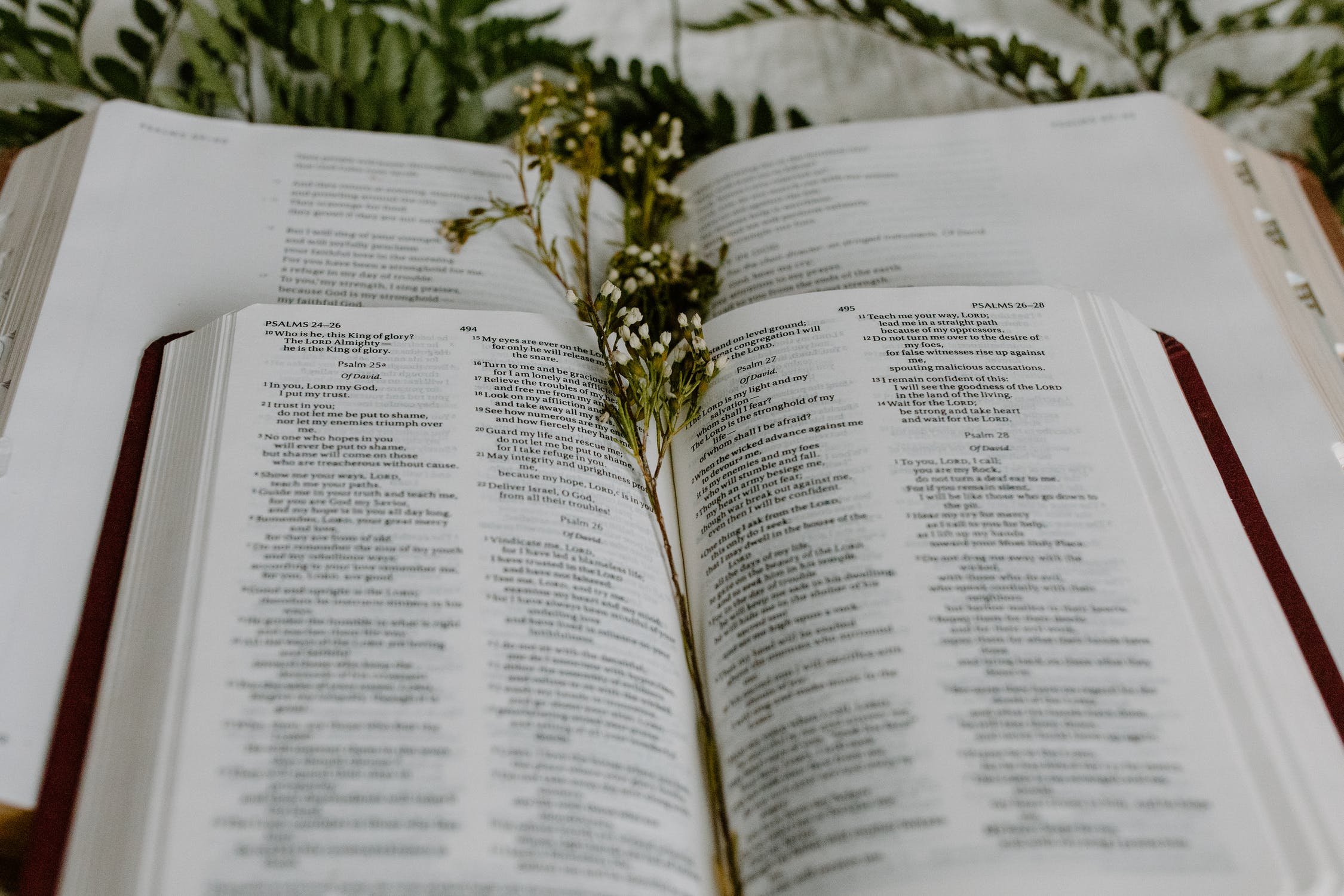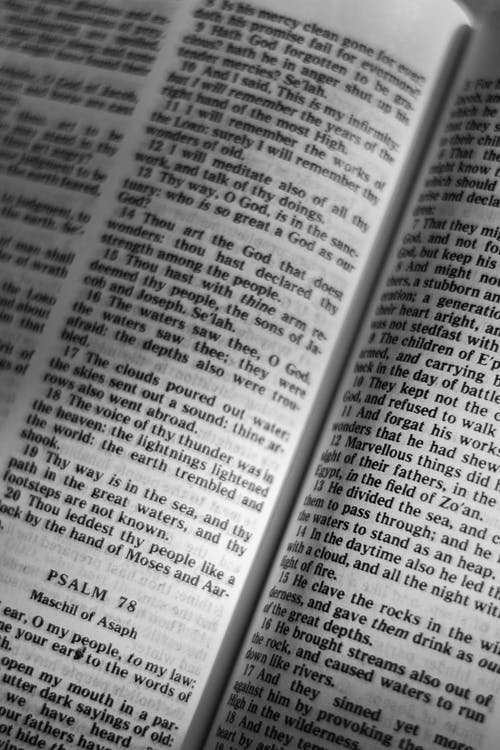The Benedictine School of Spirituality (Part 3 of 3): Sustaining Lectio Divina and Preferring Nothing Whatsoever to Christ
Over time, the practice of lectio divina becomes less a set formula for prayer than a disposition of prayerfulness. We learn to slow down and trust the Spirit’s often non-linear process. We marvel at the way the Word so often speaks into our experiences and submit to the ways God is forming us today. Any fruits of that growth are noticed not necessarily within the set boundaries of “prayer time,” but in the fruit of everyday life.
The Benedictine School of Spirituality (Part 2 of 3): Praying the Psalms and Exercising Community
Thirteen of seventy-two chapters in the Rule of St. Benedict (RB) are devoted to instruction about liturgical prayer. Benedict goes to great lengths to establish a rhythm of life in community which is punctuated by prayer (the liturgy of the hours) and saturated in Scripture. Most central is praying the Psalms, which reflects the longstanding appreciation for the way this form of Scripture connects so deeply with the human experience.
Benedictine Spirituality (Part 1 of 3): Core Values
The Benedictine school of spirituality is an important voice in our world today, a voice which informs our praying, living and discerning. It is one among many schools that speak to contemporary hearts, yet it is particularly unique in its lasting impact on Western Christianity.
Benedict of Nursia lived from ca. 480 to 547 CE in Italy. The Rule of St. Benedict (RB) became a foundational text for monasticism in the West, having emerged in the sixth century as the Roman civilization was collapsing. There was societal chaos and political dissatisfaction and we might wish that the conditions of those times did not sound so familiar to our modern ears. What we know about St. Benedict himself comes to us mainly through Gregory the Great (ca. 540-604 CE), who praised Benedict for his discretion and moderation.
I Smell Gas
In this particular situation, and in contrast to other interactions I have had in ministry settings, I was able to quickly and clearly hold my ground. I said, "I do smell gas, in fact, and I need help finding a solution." This refreshing moment of clarity reminded me that it is not always so easy to hold the ground of true self. In the flow of life, we sometimes catch ourselves doubting what we smell. We might initially attempt to ignore it or succeed in explaining away our sensations for a time. When the smell still persists, however, we begin to second guess ourselves, occasionally surrendering our perspectives too quickly because someone has pressed against our convictions. To underestimate or fail to exercise our perspectives faithfully is to drift away from the authentic, Christ-centered self.
How Do Our Limits Set Us Free?
We all have limits. It is an undeniable truth for every member of humankind. Whether we understand them to be the end of our capacities or the boundaries of our identities, we know the discomfort that accompanies the attempt to exceed them. Were discomfort the only outcome, we would simply discount them as inconveniences and pretend to avoid them. That would, however, dismiss the potential appreciation for limits that Benedict has been encouraging since the sixth century. In Ch. 4 of the Rule he urges the reader, “Day by day remind yourself that you are going to die”









